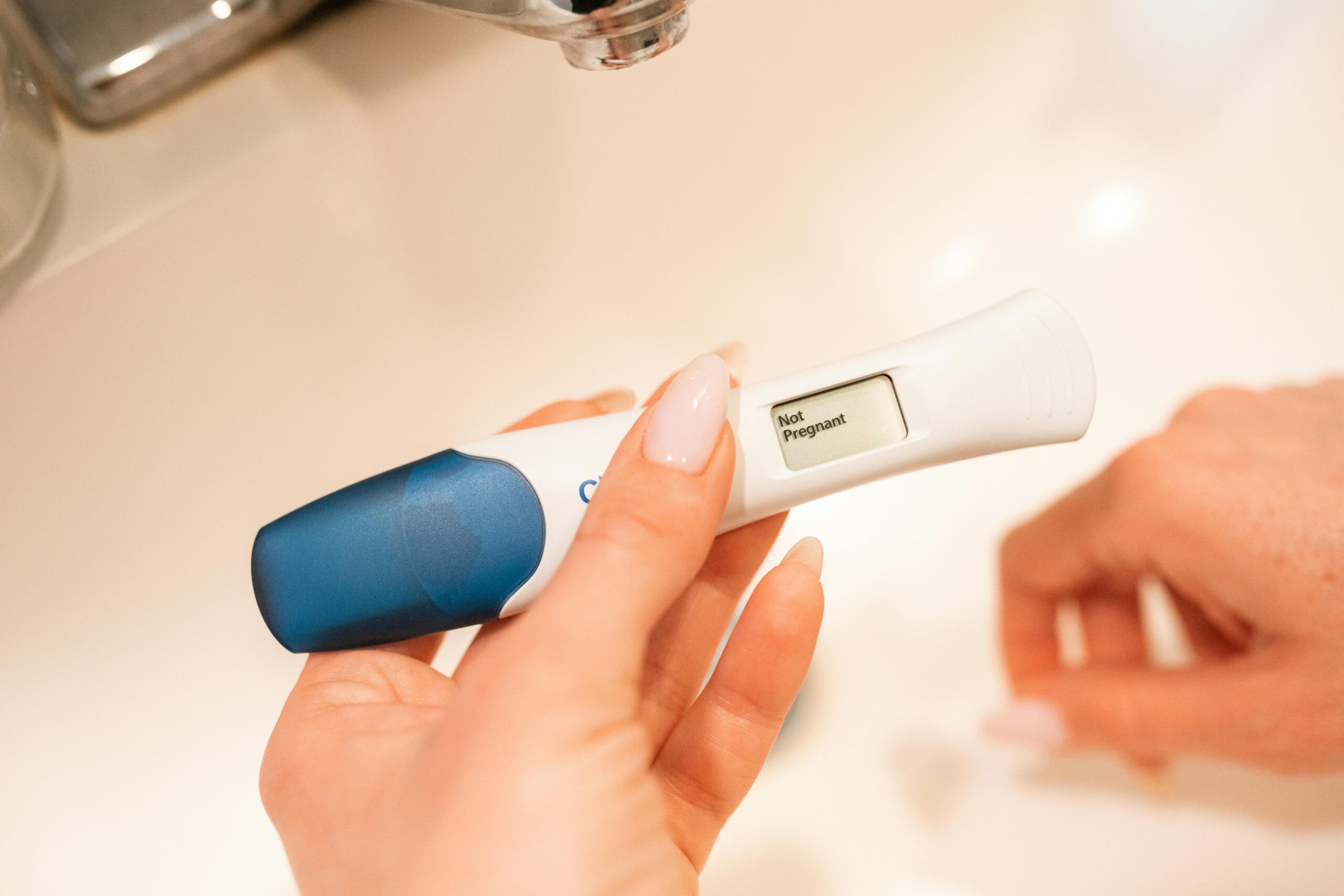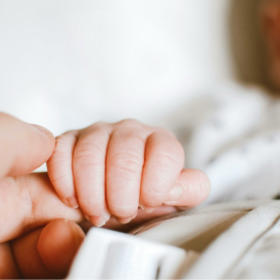
Fibroids and pregnancy
What's the lowdown?
Fibroids are not a definitive barrier to getting pregnant
Infertility is a rare complication of fibroids
Submusocal fibroids tend to have a larger impact on fertility compared to intramural and subserosal fibroids
What are fibroids?
Fibroids, medically known as leiomyomas, are the most common gynaecological benign tumour. They derive from the muscular and connective tissue layer of the uterus1. While fibroids affect 70% of women and assigned females at birth (AFABs)2, it has only been identified as the sole cause of infertility in 2-3% of cases3.
While there’s so much more to say about fibroids, this article is dedicated to fibroids in pregnancy. So if you’re sitting there thinking, I need to know more about fibroids, we got you covered.
Can fibroids cause infertility?
It is rare for fibroids to cause infertility. In fact, fibroids are only mentioned in one of The Lowdown’s fertility stories up until July 2024. The different types of fibroids affect fertility in separate ways. Generally, fibroids can act as a barrier to the sperm and egg getting together or a fertilised egg implantation into the womb lining. Due to the nature in which submucosal fibroids grow, they can also block the fallopian tubes if large or in an unfavourable location. This means the egg will not reach the uterus, having a direct impact on pregnancy rates4. Submucosal fibroids have the highest impact on conception rates compared to the other types. Subserosal fibroids do not seem to affect conception rates while intramural fibroids have some link to reducing fertility3.
This can be a lot of information to take on board, especially if you are trying to conceive (TTC), but depending on the size of the fibroid, you can go on to have a normal healthy pregnancy with good outcomes for your baby. If you are TTC with a fibroid diagnosis, share your worries with your GP or gynaecologist. They might be able to offer you advice or treatment that will improve these chances, and don’t forget to optimise your fertility in every way you can, using our fertility tool.

Eager to speak to someone but tired of waiting for a GP appointment, skip the queue and book in straight with our wonderful team of in-house women’s health GPs.
Treatments for fibroids affecting fertility
As subserosal fibroids grow outside the uterus into the pelvic area, it makes sense that they do not affect fertility rates. It is for this reason that treatments to remove or shrink these fibroids will have little to no effect on improving pregnancy rates3.
Pregnancy and live births are lower when submucosal fibroids are in the uterus. As they grow into the uterine cavity, they can distort the space and restrict egg implantation, sperm meeting the egg, and the growth of the baby. Removing these fibroids (myomectomy) has been positively linked to improving pregnancy rates4,5, which is a great thing! Myomectomy is therefore the number one choice for women with large submucosal fibroids who want a family.
The treatment for intramural fibroids affecting pregnancy is still unclear. The evidence behind myomectomy improving pregnancy rates is not great. Alternatively, medications can be offered to shrink the fibroids before TTC6.
A medical treatment called gonadotrophin releasing hormone agonists and hormonal contraceptives (which are often both used to treat the heavy bleeding that comes with fibroids) both affect your fertility and prevent pregnancy. So these wouldn’t be your first choice if you’re hoping to get pregnant.
These are just treatment options specific to TTC, there are a whole host of treatment types to tackle the symptoms of fibroids outside of pregnancy. From oral medication to hormonal contraception and surgery, your GP or specialist can talk you through the options which can alleviate your symptoms and improve your quality of life.
Potential Complications
Mother
Uterine fibroids in pregnancy tend to remain unchanged in size. In some cases, the fibroid might grow during the first trimester when oestrogen levels peak the most. From what we know, fibroids thrive off oestrogen.
Most mums do not get diagnosed with fibroids until they fall pregnant as they don’t always cause symptoms. Some mums might experience tummy pain due to the fibroids. This might feel similar to bad period-like cramping4.
If the fibroid is blocking the direct passage between the uterus and the world, this might complicate vaginal deliveries. If this is an identified problem in pregnancy, your specialist obstetrician will discuss the varying options for delivery that prioritise your and your baby’s health!
Baby
The type and location of fibroid can have an impact on the baby during pregnancy. Submusocal and sometimes intramural fibroids take up space in the uterus. By blocking the area in which the baby needs to grow, there can be an increased rate of miscarriage, early labour, detachment of the placenta from the uterus or growth restriction7. This sounds terrifying, but that’s why we have regular midwife appointments and scans throughout pregnancy to keep an eye out for any problems and let the experts plan your pregnancy and delivery.
What’s next
Well, it is important to remember, that trying to convince is not as easy as mainstream media makes it out to be. It can be a short or a long journey and most couples will get that positive pregnancy test within a year8. TTC with or without fibroids can be tough but having that support and knowing you are not alone can ease your burden. Be kind to yourself and if you need support our Lowdown community has opened up and shared their experiences of conception, offering advice along the way.
If you have an experience that is near and dear to your heart, that you believe can help others, we would love to hear from you!
In most cases, people with fibroids have fairly uneventful pregnancies. Trust us, uneventful is what you are hoping for as you have a lifetime of events coming up!
Our medical review process
This article has been medically reviewed for factual and up to date information by a Lowdown doctor.






